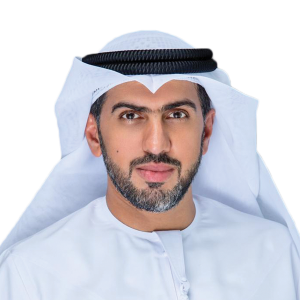The Middle East region is currently undergoing strategic and political changes after years of conflict and desperate attempts by regional powers to expand their influence through providing their proxies with all forms of economic and military support and stoking the fires of ideologies.
These transformations come at a critical time when a new U.S. administration is coming to power with a different vision for the region. As a result, Middle Eastern countries are cautiously watching the new administration’s likely vision, thus, many countries (allies and adversaries) are now rethinking their policies and approaches.
This explains why Turkey is now trying to get closer to active Arab countries such as Egypt and Saudi Arabia. Despite Istanbul’s efforts, there are still major differences between both sides as to whether or not Turkey will dump its policy (i.e Supporting the Muslim Brotherhood).
There are two possible options for Turkey. The first is to extradite wanted persons or deport them to European countries and change its policies. The second is to continue playing its destructive role.
If it opts for the first, Turkey will pave the way to overcome its internal and regional differences, solve economic difficulties and distance itself from challenges that may be greater than its capacities in the near future.
While the second option will result in efforts being made to find common ground with regional countries going down the drain and undermine NATO confidence in the country, especially since the Biden administration is not following in the footsteps of its predecessors.
Practically, Turkey is seeking to settle some complex issues in the region, including in Libya and Syria, where there seems to be an Arab consensus in coordination with Russia to keep Iran off the scene and leave Bashar Al Assad in power for a transitional period.
Meanwhile, Iran is striving to increase its presence in Yemen, after having played a relatively weak role in Iraq with the Pope’s visit and the imminent expulsion from Syria.
Tehran is also keeping a cautious eye on what might result from new international pressure to reach a new nuclear agreement, especially since some mediators expect the Islamic Republic to adhere strictly to earlier provisions regarding its ballistic missile programme and expansion plans now that Arab parties are involved in the talks.
It looks like the coming days hold so many significant developments that would eventually lead to the emergence of new policies, alliances and blocs.







